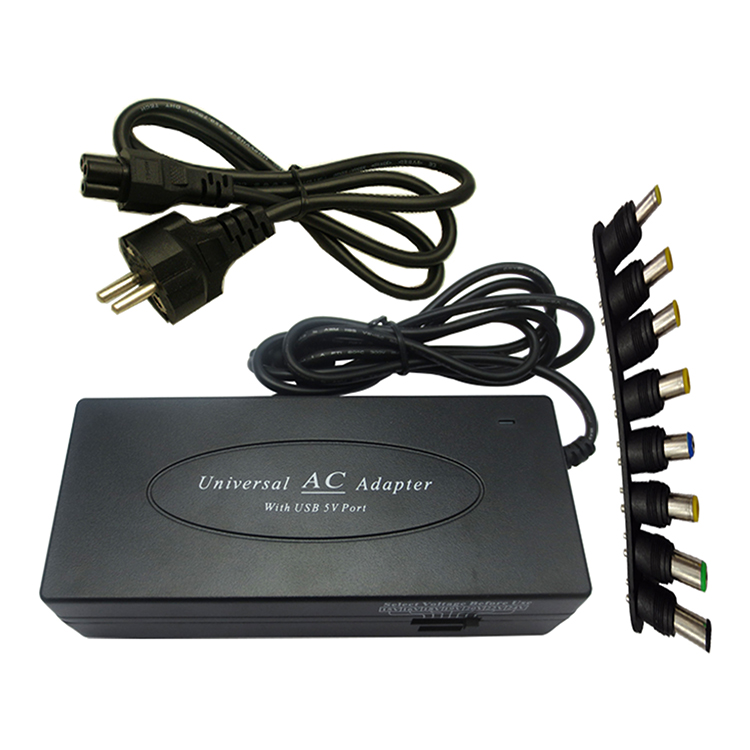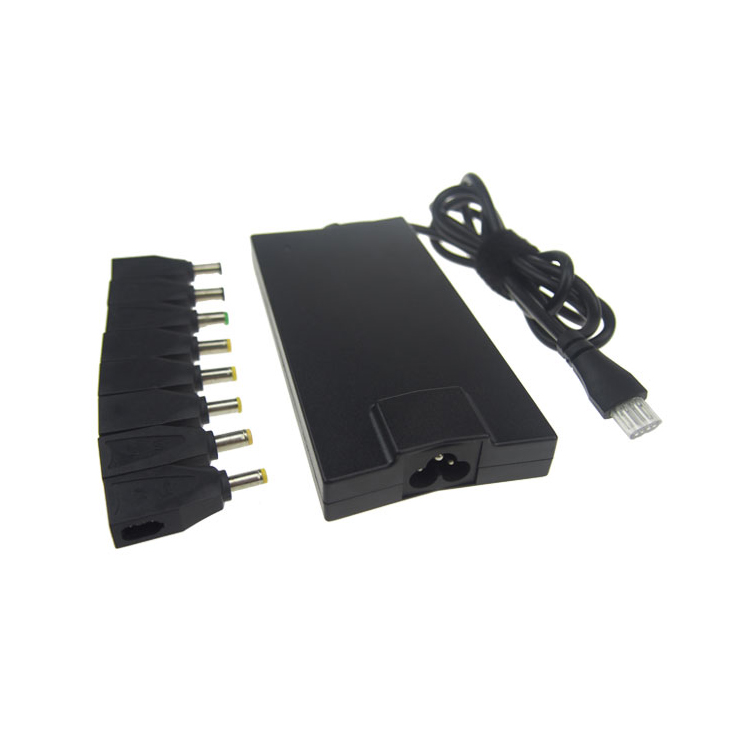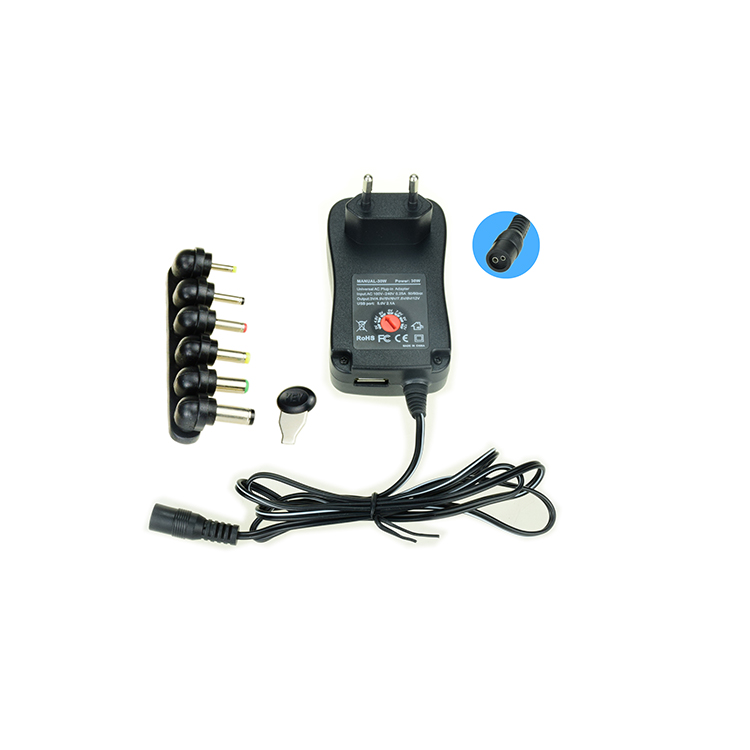Tesla digs people from Delphi and accelerates the independent research and development of radar sensors. In 2008, Tesla's first Roadster was off the assembly line. It has been 8 years since then, and has since launched the Model S and Model X, which are highly sought after by users. Two models. Over the years, Tesla's efforts in assisted driving and unmanned driving have been well known and the first to apply this technology to the models on sale. Inevitably, the period also exposed a lot of technical immature problems, but also caused a number of traffic accidents. In particular, the autopilot death accident in July this year caused a shock in the industry. However, Tesla does not intend to retreat, but accelerates the accumulation of related technologies, especially in the radar field where autopilot is more critical. Earlier this year, Tesla partnered with its radar antenna supplier Bosch to update its radar equipment on its Model S and Model X models and set up its own signal receiving unit. These efforts were finally integrated into the 8.0 software system update released by Tesla in September this year, which improved the relevant features of Autopilot. The important point of this upgrade is that "radar" (Tesla mainly uses millimeter-wave radar) will play an important role. In Tesla's previous autopilot technology, the camera and image processing system were the main sensors, and the radar was only used as an auxiliary system to confirm the data obtained by the former. In the upgraded system, the importance of radar has increased significantly, even surpassing the camera. According to many sources, Tesla CEO Elon Musk clearly prefers millimeter-wave radar instead of lidar. Therefore, the current main models of Tesla are equipped with millimeter wave radar. The radar can perform well in bad environments such as rain, snow, fog, dust, etc., but the short-board of the wavelength is still inferior to the laser radar. Musk hopes to achieve rough "point cloud maps" through the millimeter-wave radar's "temporal smoothing" signal input characteristics, and such maps are relatively easy to implement with lidar. To achieve this goal, Tesla also dug a new engineering leader, Delc Vu, from Delphi to take charge of the autopilot radar system project. In fact, Delphi is a Tierla tier 1 supplier and is also engaged in autonomous driving research, a Tesla competitor. Previously, Duc Vu was the leader of Delphi's advanced radar systems research group. Before leaving, he had two years of experience in developing "the next generation radar system" at Delphi. During his Ph.D., Vu developed a radar system in the US Navy's warship control system. In 2012, he received his Ph.D. in Electrical Engineering from the University of Florida. Vu's expertise will indeed help Tesla's advancement in the radar system business. His expertise focuses on radar waveform design, estimation and prediction of cluttered models, advanced algorithms for receiver-side processes, and multiple-input multiple-output (MIMO) radar architectures. Of course, Vu's departure is a major blow to the auto industry's efforts by Tier 1 automotive suppliers like Delphi. Delphi is also working hard to find a place in the field of autonomous driving. Last year, they also completed an autonomous driving journey across the United States, using 99% of the roads using automatic driving systems. In August of this year, Delphi also tested unmanned vehicles in Singapore and announced the development of autonomous driving solutions with Mobileye. The latter is well established in the field of visual sensors. Delphi is also a supplier of radar equipment for Bosch and Tesla, and these two are also direct competitors of Delphi in the field of autonomous driving. Relationships can be described as ambiguous and complex.
If you are desperately looking for a safe, portable power
charger for different brands laptop, spare or for travel with multiple
devices, this is the one for you--universal Laptop Charger.
Yidashun offer manual and automatic universal laptop Adapter. Universal power adapter have 40W 70W 80W 90W 100W 120W 150W with home and car use. Usually
one charger with 8 standard interchangeable dc tips makes it compatible with
most brands of different laptops, of course you can also add extra more tips as
you want.
For manual universal ac adapter, you need
to set the switch to right voltage and plug in right dc tip for your laptop, or
it won`t charge well. But for automatic universal power
supply, only if you plug into right dc tip according to your laptop, it
charges your laptop very well right now, no need you to set the voltage, it is
much easier for you to use.
Universal Laptop Charger,Universal Computer Charger,Universal Laptop Adapter,Universal Wall Plug Adapter Shenzhen Yidashun Technology Co., Ltd. , https://www.ydsadapter.com


